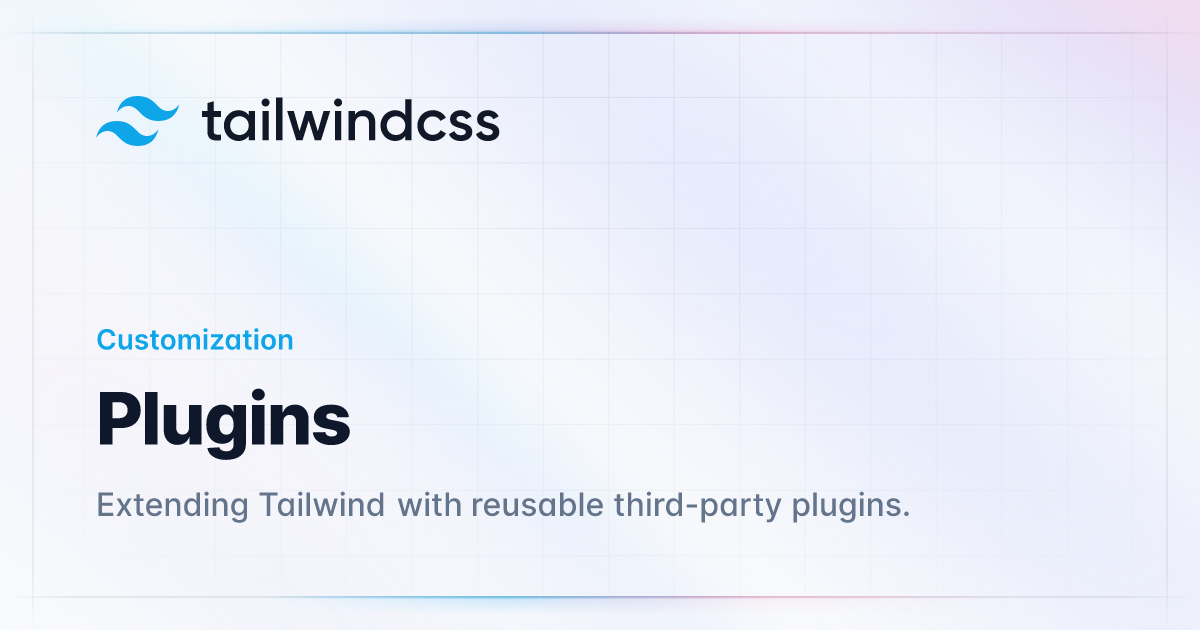My Intro
MDX is a superset of markdown that lets you write JSX directly in your markdown files. It is a powerful way to add dynamic interactivity and embed React components within your content.
Next.js can support both local MDX content inside your application, as well as remote MDX files fetched dynamically on the server. The Next.js plugin handles transforming markdown and React components into HTML, including support for usage in Server Components (the default in App Router).
import { MyComponent } from 'my-components'
# Welcome to my MDX page!
This is some **bold** and _italics_ text.
This is a list in markdown:
- One
- Two
- Three
Checkout my React component:
<MyComponent />
Remote MDX
If your markdown or MDX files or content lives somewhere else, you can fetch it dynamically on the server. This is useful for content stored in a separate local folder, CMS, database, or anywhere else.
There are two popular community packages for fetching MDX content:
next-mdx-remote contentlayer Good to know: Please proceed with caution. MDX compiles to JavaScript and is executed on the server. You should only fetch MDX content from a trusted source, otherwise this can lead to remote code execution (RCE).
The following example uses next-mdx-remote:
import { MDXRemote } from 'next-mdx-remote/rsc'
export default async function RemoteMdxPage() {
// MDX text - can be from a local file, database, CMS, fetch, anywhere...
const res = await fetch('https://...')
const markdown = await res.text()
return <MDXRemote source={markdown} />
}
Using the Rust-based MDX compiler (Experimental)
Next.js supports a new MDX compiler written in Rust. This compiler is still experimental and is not recommended for production use
